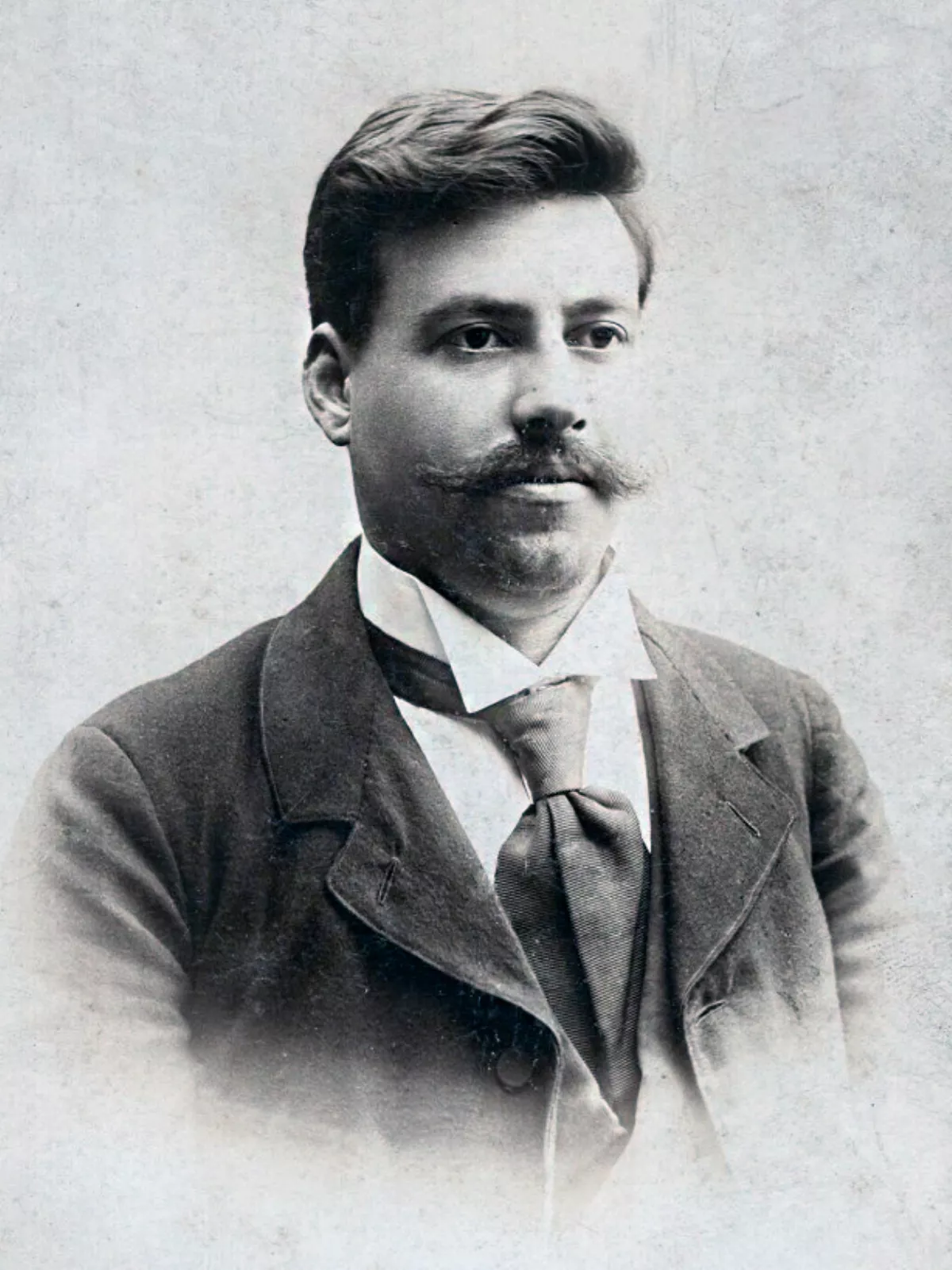 1.
1. Georgi Nikolov Delchev, known as Gotse Delchev or Goce Delcev, was a prominent Macedonian Bulgarian revolutionary and one of the most important leaders of what is commonly known as the Internal Macedonian Revolutionary Organization, active in the Ottoman-ruled Macedonia and Adrianople regions, as well as in Bulgaria, at the turn of the 20th century.